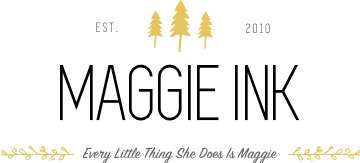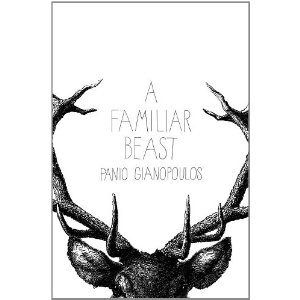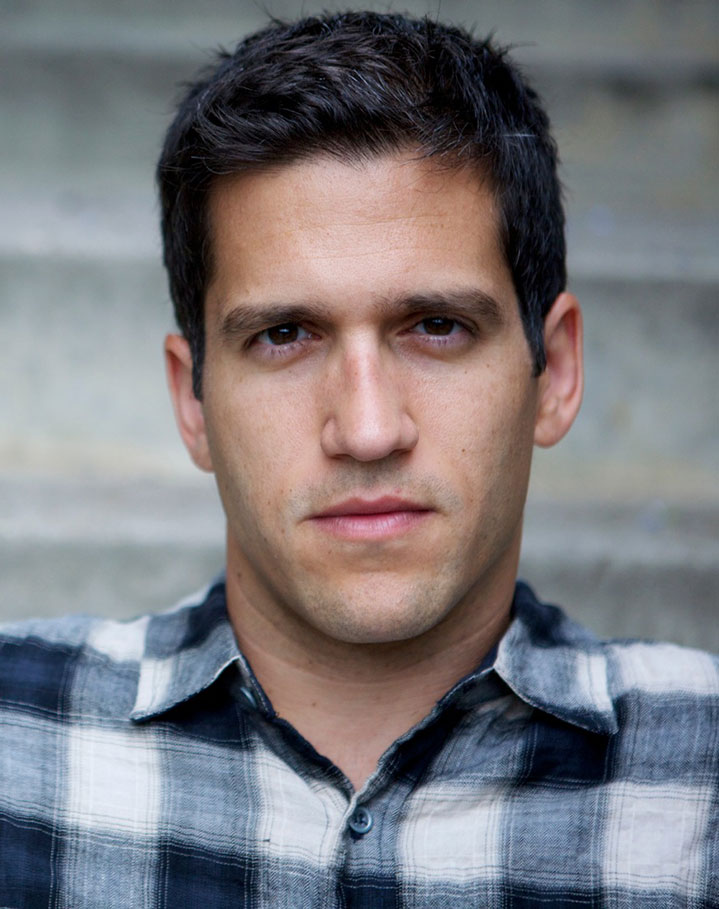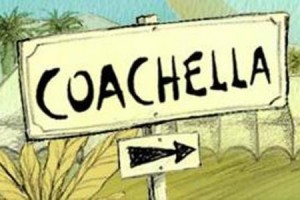I’m such a sucker for craft talk, especially lists of writing tips. Oh, those adorable, bite-sized bits that promise to reinvent my prose! I can’t get enough. I gobble them like dumplings.
Unfortunately, those lists rarely stick with me. As easily digestible as the tips might be, they rarely give me any real narrative strategies or provide me with something that truly lasts. Or if they are substantial, the lists are so dense and overwhelming I can’t even think about applying the tips to my own writing.
The exception to this came a few months ago at my MFA residency. And it was a surprise too. Author, essayist and publisher Panio Gianopoulos gave a very thorough lecture about novellas — writing novellas, classic examples of novellas, the market for novellas.
Then POW! Out of no(vella)where, Panio ended his talk with his top 15 writing tips. Not just for novellas either. And he gave me permission to pass this list along to you.
So here you go. These tips are smart, practical and best of all, super helpful. Enjoy. And thank you, Panio!
1. Write toward discomfort.
Panio talked about this in the context of fiction, but this comes up a lot in my nonfiction classes as well. Proceed directly to the scary, uncomfortable place. That’s where all the feelings are.
2. Pursue the accidental. (Don’t learn to type real well.)
I don’t remember the example that Panio used here. It was something about how he mistyped a word, but it led him down a different, more interesting path with that sentence. Like when autocorrect invites your boss to a poop party instead of a pool party.
3. Things are usually half as funny as you think.
e.g. My poop party joke. (See: above)
4. Movement! Action! Things have to happen.
This is a good one. You wouldn’t believe how many short stories I’ve written where people just sit around a coffee shop, talking. Then sometimes they have sex.
5. The reader has to care about the protagonist. (They don’t have to LIKE the protagonist. They just have to have a reason to care.)
I can actually think of a lot of books in which I didn’t like the protagonist. For example, I didn’t want to become BFFs with Nick from “Gone Girl.” But I wanted to watch his transformation through the story, and that propelled me through the entire book.
6. It’s OK if you don’t write fast and sloppy first drafts.
This one is liberating. I’ve had so many writers tell me to dash off a quick, messy draft — “You can’t fix a blank page!” they chirp — so it’s refreshing to hear the opposite of that. I’m a person who labors over every word of my draft, and I fix sentences as I work. I’ve tried to overcome this by banging my work out on an old Royal typewriter — I don’t own White Out, and I don’t even know how to do a backspace on the damn thing, so it forces me to leave a messy draft on the page. I even took an online course called Fast Draft. Still, my writing is slow going. According to Panio, that’s OK.
7. Don’t overly discuss a first draft while writing it.
Oh, man. I’ve already killed one story by doing this. It was a rookie mistake — I was new to my MFA program, I was inspired by the great work happening around me, and I wanted to participate in the conversation too. Except, in the process of explaining my book idea to everyone, I strangled the story before it ever found a voice.
8. If you’re worried that it’s boring, it probably is.
Writing is transparent. When I really struggle with a piece and force myself to slog through it, then it reads like drudgery. And when I bore myself? That’s a good indication that readers will be bored too.
9. Title as soon as possible.
This is an interesting tip, and maybe it’s one of those chicken-egg debates. I’ve always thought that as a piece progresses, the work will present a title. But Panio believes having a title in hand will shape the piece in subtle ways. I’m sure it can work both ways.
10. Write two hours or 500 words a session, 5 times per week.
This. This works. I know because I’ve been trying to follow this plan ever since Panio shared it.
11. With feedback, ask your reader the right questions. For instance, what’s the story? What do you think happened? What do you take from this?
This is another good tip, and it addresses something that is rarely discussed among writers: What exactly are we trying to get from workshop/feedback?
12. Separate publication from validation.
This might be the most difficult one of all. I have gotten better about squashing my envy when good things happen to my writing friends — there’s plenty of space on the bookshelf for everyone’s work, after all. But I’m still very hard on myself when my own essays are rejected, my pitches go unanswered, my work doesn’t get noticed. I assume I suck, and the whole world hates me, and I should become a professional barista already.
13. Beware: Research easily slips into procrastination.
Ah, the rabbit hole of the internet! I’ve lost many writing days to exploring the pop songs of Uganda and discovering how long it takes for a whale carcass to decompose on sand.
14. Read often. And while you’re reading, analyze and record what works.
My seventh-grade literature teacher, Kathi Russell-Rader, always said good readers make good writers. I’m not sure I believed her at the time, but I get it now. On the same note, I’m shocked when I meet writers who say they don’t read. That’s like a chef who doesn’t eat. It’s impossible to be competent in a field without some knowledge of it.
15. Support other writers.
This gets to one of my New Year’s Resolutions for Other People — to be a more active participant in my literary community. Buy more books, support more authors, encourage more reading among everyone.
Speaking of supporting other writers, why don’t you start with Panio? Read an excerpt of his book here.




